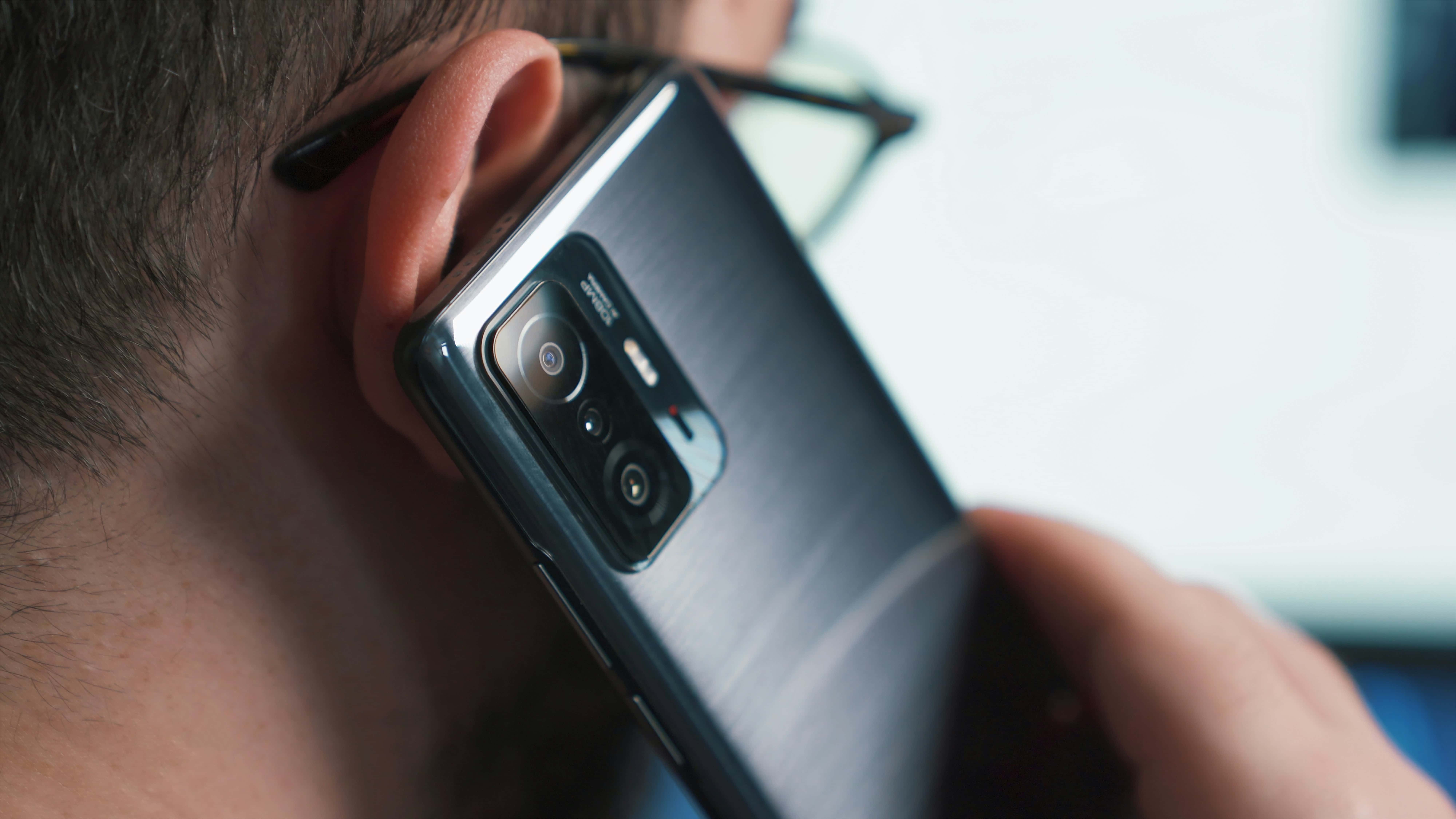

David O. Klein
David Klein is one of the most recognized attorneys in the telemarketing, technology, Internet marketing, sweepstakes and telecommunications fields. Skilled at counseling clients on a broad range of technology-related matters, David Klein has substantial experience in negotiating and drafting complex licensing, marketing and Internet agreements.
Most Recent

Carefully Examine those TCPA Complaints!
Last month, in Woodard v. Health Insurance Alliance (“HIA”), a judge for the United States District Court for the Eastern District of Illinois issued a

FTSA Standing
Readers of our blog may recall a recent article in which we discussed two Florida class action lawsuits that significantly limited telemarketing companies’ exposure in

5 TCPA Compliance Tips
The Telephone Consumer Protection Act (“TCPA”) is a federal statute that was enacted in 1991 to safeguard consumer privacy through the regulation of certain telemarketing

Defendants Did Not Violate Do Not Call TCPA Rule
On January 8, 2024, the United States District Court for the Eastern District of Missouri issued a decision involving Telephone Consumer Privacy Act (“TCPA”) internal

NJ Senate Passes Telemarketing Caller ID Bill
On February 12, 2024, the New Jersey Senate unanimously passed Senate Bill 1237 (“S1237”). S1237 focuses on telemarketing caller ID requirements. Specifically, it amends Section

TCPA Lead Generators Beware!
Companies often hire lead generation companies to find consumers who may be interested in their product and service offerings. Buyers of these leads typically enter

FCC Clarifies AI Call TCPA Legality
On February 8, 2024, the Federal Communications Commission (“FCC”) issued a Declaratory Ruling clarifying that telemarketing calls utilizing AI are regulated by the Telephone Consumer

FCC Chairwoman Proposes AI Telemarketing Restrictions
On January 31, 2024, Federal Communications Commission (“FCC”) Chairwoman Jessica Rosenworcel released a statement proposing that the FCC impose blanket restrictions on the use of

Not All Telemarketing Calls Are Unsolicited!!
On January 30, 2024, AT&T announced a new feature aimed at reducing the number of unsolicited telemarketing calls delivered to its subscribers. AT&T is teaming

Recent FTSA Amendment Court Decisions Are Wins For Business
As readers of our blog know, the Florida Telephone Solicitation Act (“FTSA”) (Florida’s state law version of the Telephone Consumer Protection Act (“TCPA”)) was amended

26 Attorneys General Ask for AI Telemarketing Restrictions
On November 15, 2023, the Federal Communications Commission (“FCC”) issued a Notice of Inquiry (“NOI”) seeking comment concerning the impact that emerging artificial intelligence (“AI”)

FTC Telemarketing Consent Farming Crackdown Continues
On January 2, 2024, Response Tree LLC and its president, Derek Thomas Doherty (collectively “Response Tree”), settled claims that they had violated Federal Trade Commission